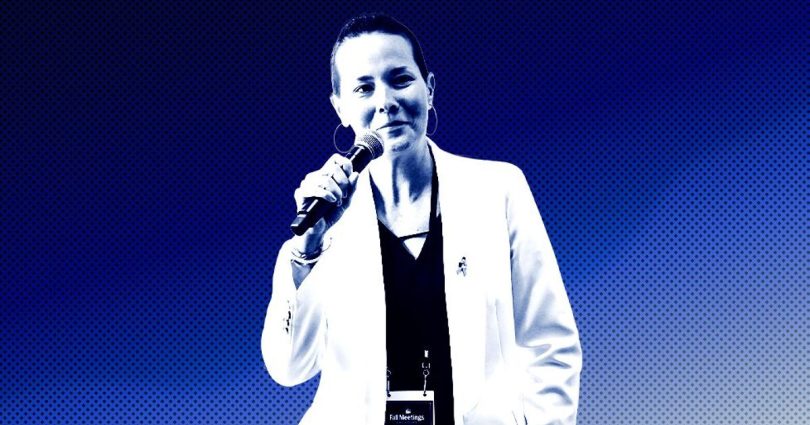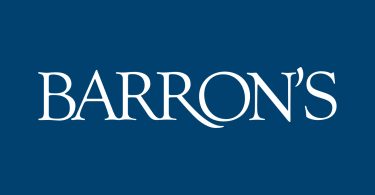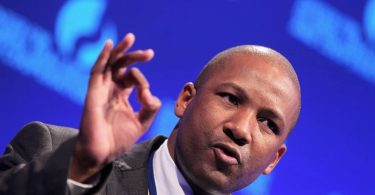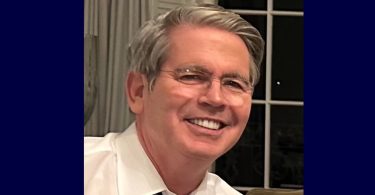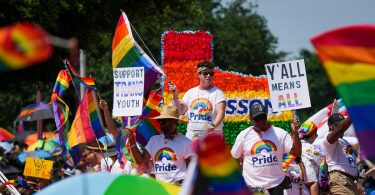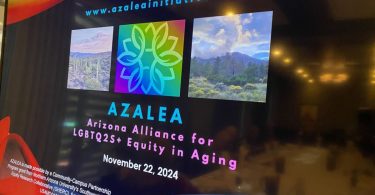Catalina Villegas combines a love of sports and a passion for diversity in her work.
As the Director of Diversity, Equity and Inclusion at Major League Baseball, Villegas aims to create a landscape within sports that is more reflective of the world around us.
Villegas hails from Colombia and began playing tennis around age 9. Even then she dreamed of being a tennis pro, eventually immigrating to Miami at 17, immediately after graduating from high school.
“I moved with three tennis rackets, two suitcases, and a goal of being a professional tennis player,” Villegas recalls, “and no English whatsoever.”
Get off the sidelines and into the game
Villegas later moved to Louisiana, where she studied business administration and marketing at Northwestern State University. Afterwards, she was coaching tennis at the college level while also pursuing her Master’s in Sports Management at the University of Southern Mississippi.
That’s when she realized she could be an active part of the sports world beyond just a player or coach.
“I don’t think people realize that when you’re a coach, you’re basically working when everybody’s off. It was very hard and I loved it, and I still miss coaching tennis, but that’s when I realized, ‘Oh, I can actually do a career in sports management’ like sports marketing. That’s when I started being intentional about joining the sports industry.”
Over the course of Villegas’ career, she has helped Hispanic baseball players with their marketing and PR campaigns and partnered with brands for their DEI initiatives.
Through her work with MLB, Villegas prioritizes cultural engagement — both within the diamond and in the workplace.
“How do we make sure that each employee feels like they belong and that they can be the authentic self? We do this through different ways.”
As part of her day-to-day, Villegas manages programming and communication for nine different employee resource groups within Major League Baseball.
“I’m super proud of the work that we do with them,” she says. “It’s all about cultural identity and also how we share our lived experiences. Sharing our lived experiences is something very important, because through that we find two things — all the things that we have in common, and how we can celebrate our differences.”
One of her mentors early on in her career — as well as a good friend — was Billy Bean, the former MLB outfielder for several teams who came out publicly as gay in 1999, after he retired from playing. He was only the second MLB player to come out publicly.
Following Bean’s playing career, he worked as a senior vice president, special assistant to the commissioner, on issues of diversity within MLB.
Bean lost his life this past August, following a battle with leukemia.
“We had the pleasure and the privilege to have somebody like Billy be involved in all of our inclusion initiatives,” says Villegas. “As a major-leaguer, he was amazing, because he had the impact of bringing inclusion into a locker room, into a clubhouse, and having this conversation.
“Billy was a true leader who led with inclusion and care. He led with compassion, he led with empathy, and through that, he helped us to develop many different initiatives in the LGBTQ+ community.”
Villegas, herself a breast cancer survivor, bonded with Bean through their treatment process, as well as her recovery.
Now, she aims to carry out Bean’s legacy through the MLB’s diversity initiatives.
On the field, the landscape is still very hetero-centric. As of the 2024 baseball season, only 14 major and minor league baseball players have been identified by Outsports as having come out publicly.
Villegas emphasizes the importance of visibility both on the field and behind the scenes, as she struggled during her own coming out.
“It’s interesting how society sometimes wants to put us in boxes,” says Villegas. “As a Latina woman coming from a very conservative family — you know, in Latin culture, they always are teaching you that a man is supposed to be with a woman, right? It’s a very heteronormative culture.
“When I realized that I was part of the community and that I fell in love with a woman — whom I’m happily married to, now for almost 11 years — I struggled a lot with depression, with anxiety, and accepting who I was. And I think that visibility and representation are so important.”
Today, Major League Baseball has partnerships with several LGBTQ+ organizations, including PFLAG, the North American Gay Amateur Athletic Alliance (which runs the Gay Softball World Series), and the Stonewall National Monument. Internally, MLB has also launched a program developed by Bean called “Ahead of the Count,” which aims to provide training to MLB players and employees on diversity, equity and inclusion.
Though the league is largely composed of straight men on the field, Villegas hopes that visibility within the business side will show other LGBTQ+ people that they are welcome in the realm of sports.
“I cannot predict how many people are going to come out,” says Villegas, “but we can at least show them that there is support and that there are programs and partnerships.”
Subscribe to the Outsports newsletter to keep up with your favorite out athletes, inspiring LGBTQ sports stories, and more.

